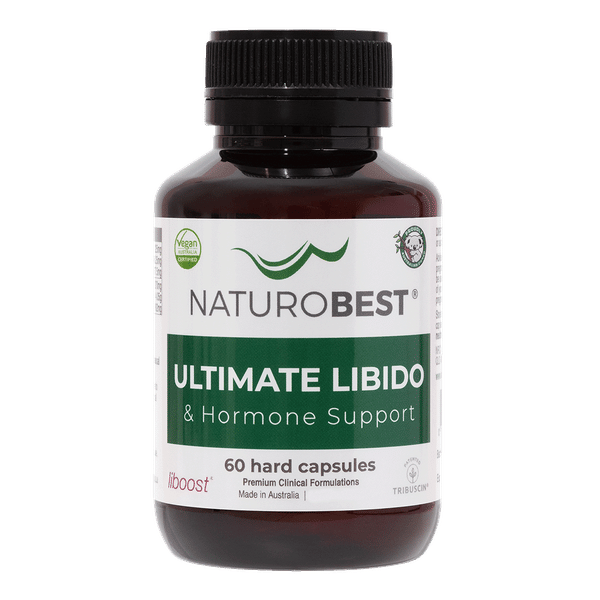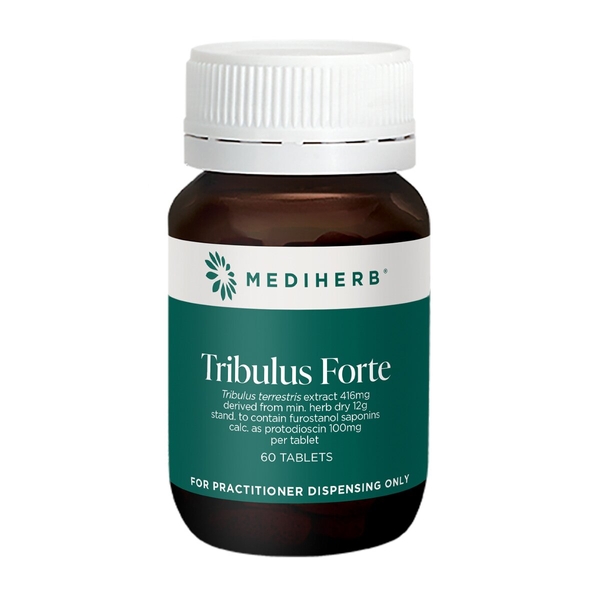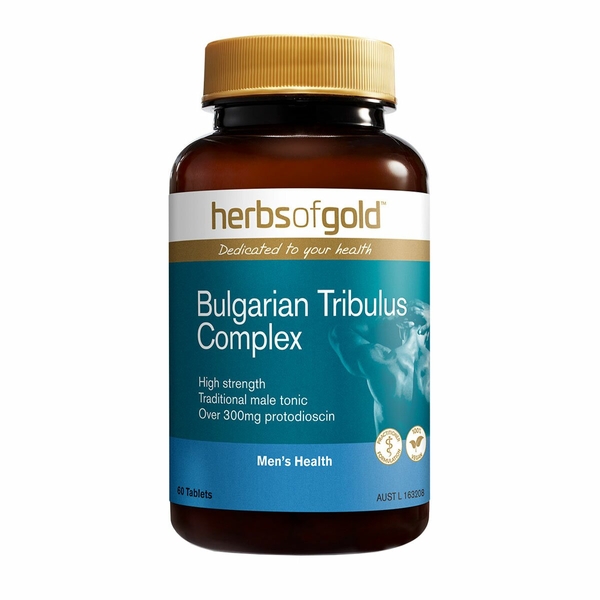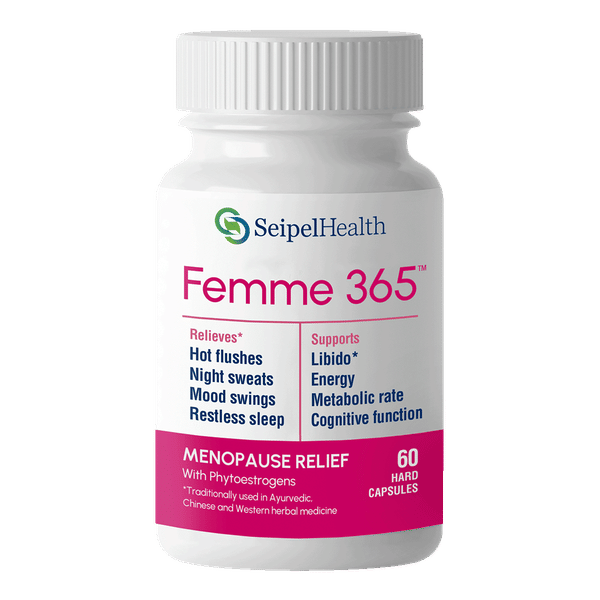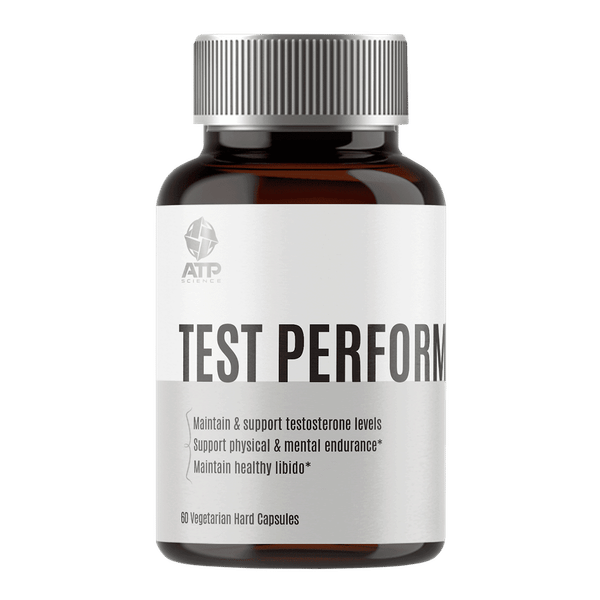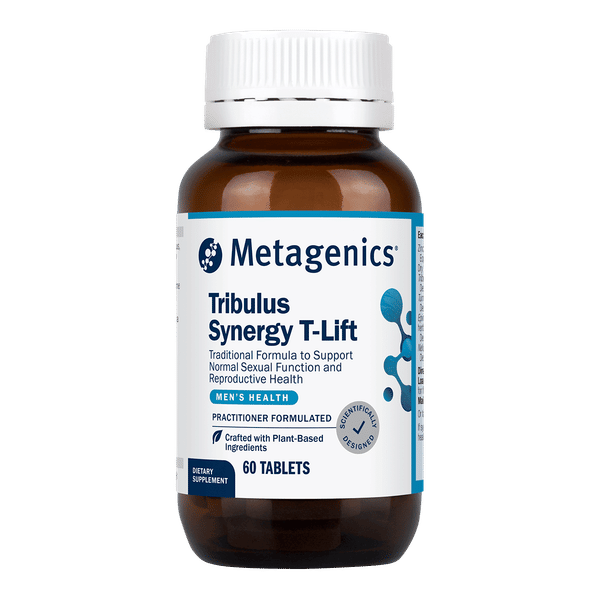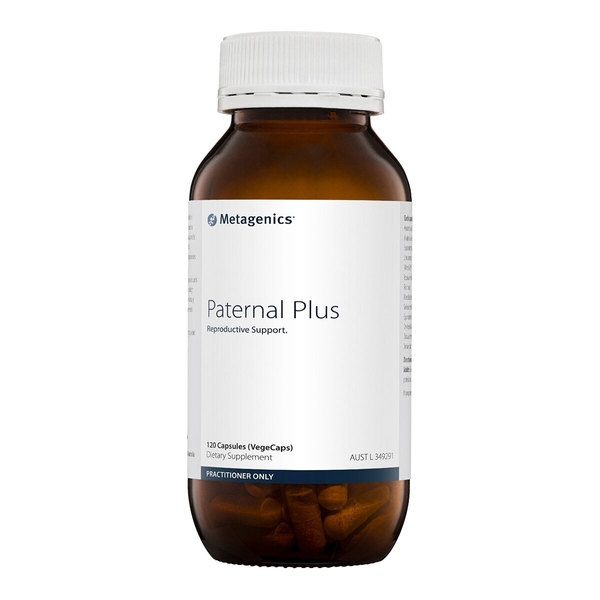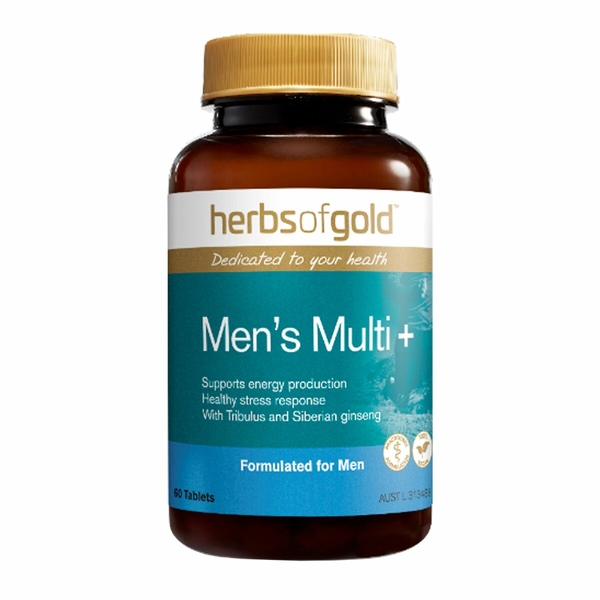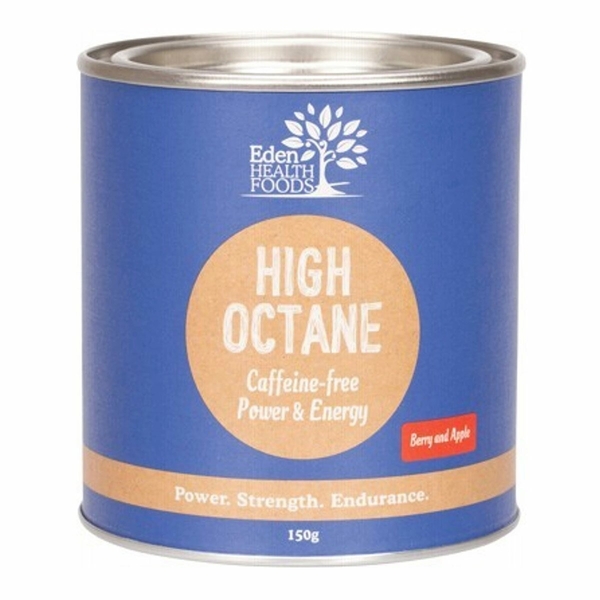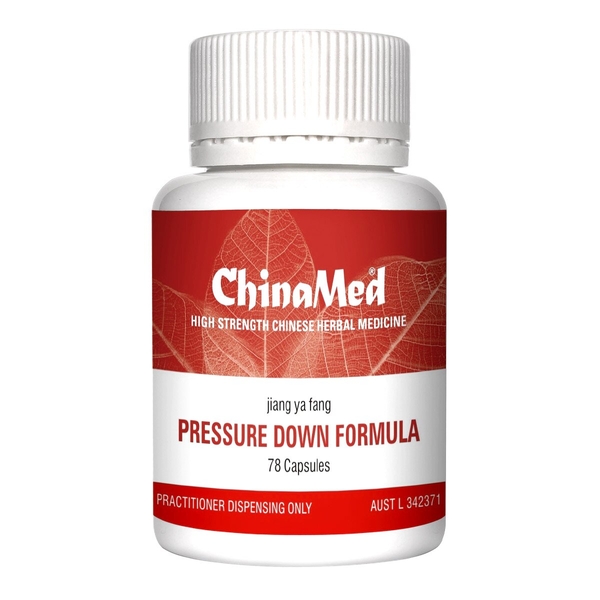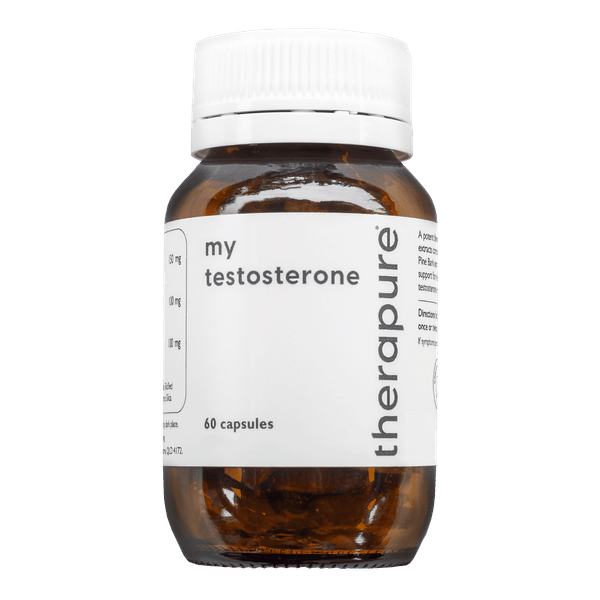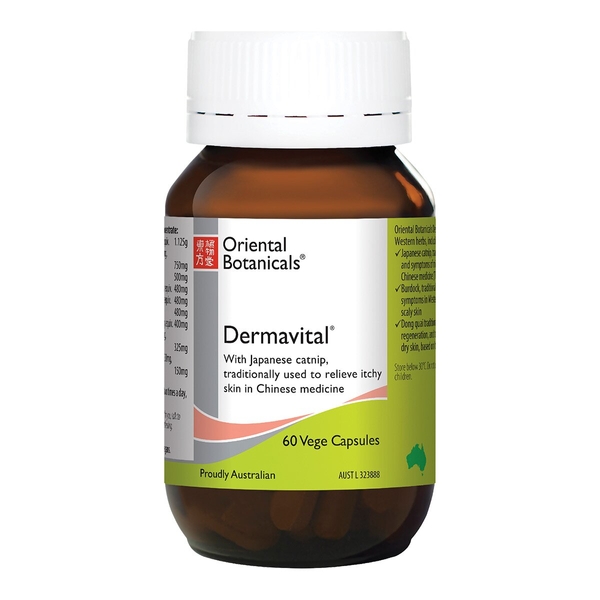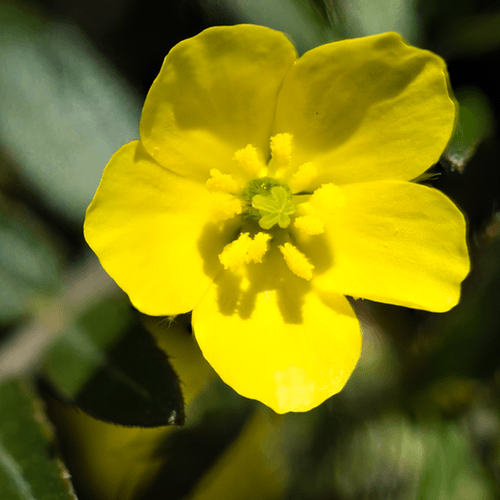
Background
Tribulus has chemicals that might increase levels of some hormones. But it doesn't appear to increase male hormones (testosterone) in humans. Tribulus is also known as puncture vine because its sharp spines can flatten bicycle tires.
People use tribulus for sexual disorders, infertility, chest pain, enlarged prostate, and many other conditions, but there is no good scientific evidence to support most of these uses.
Safety Safety definitions
Eating the spine-covered fruit of tribulus is likely unsafe. There have been reports of serious lung problems due to eating the fruit.
Special Precautions & Warnings:
Pregnancy: Taking tribulus during pregnancy is possibly unsafe. Animal research suggests that tribulus might harm development of the fetus.Breast-feeding. There isn't enough reliable information to know if tribulus is safe to use when breast-feeding. Stay on the safe side and avoid use.
Surgery: Tribulus might affect blood sugar levels and blood pressure. This might interfere with blood sugar and blood pressure control during and after surgery. Stop using tribulus at least 2 weeks before a scheduled surgery.
Effectiveness
- Sexual problems that prevent satisfaction during sexual activity. Taking tribulus by mouth can improve the sexual experience in females who have sexual dysfunction or low sexual desire. Taking tribulus by mouth can also improve sexual satisfaction in males with low sexual desire.
- Athletic performance. Taking tribulus by mouth, alone or with other herbs and supplements, doesn't seem to enhance body composition or exercise performance in athletes.
Dosing & administration
Interactions with pharmaceuticals
Lithium
Interaction Rating=Moderate Be cautious with this combination.
Tribulus might have an effect like a "water pill" or diuretic. Taking tribulus might decrease how well the body gets rid of lithium. This could increase how much lithium is in the body and result in serious side effects. Talk with your healthcare provider before using this product if you are taking lithium. Your lithium dose might need to be changed.
Medications for diabetes (Antidiabetes drugs)
Interaction Rating=Moderate Be cautious with this combination.
Tribulus might lower blood sugar levels. Taking Tribulus along with diabetes medications might cause blood sugar to drop too low. Monitor your blood sugar closely.
Medications for high blood pressure (Antihypertensive drugs)
Interaction Rating=Moderate Be cautious with this combination.
Tribulus might lower blood pressure. Taking Tribulus along with medications that lower blood pressure might cause blood pressure to go too low. Monitor your blood pressure closely.
Interactions with herbs & supplements
Herbs and supplements that might lower blood sugar: Tribulus might lower blood sugar. Taking it with other supplements with similar effects might lower blood sugar too much. Examples of supplements with this effect include aloe, bitter melon, cassia cinnamon, chromium, and prickly pear cactus.
Interactions with foods
Products
View all products- Tribulus terrestris (Tribulus) ext. 100 mg equiv. protodioscin 35 mg
- Rhodiola rosea ext. 31.25 mg
- Chromium picolinate 201.1 μg equiv. chromium 25 μg
- Potassium iodide 65.4 μg equiv. iodine 50 μg
- Cholecalciferol 5 μg equiv. vitamin D3 200 IU
- Salvia officinalis ext. 150 mg
- Ziziphus jujuba var. spinosa ext. 100 mg
- Asparagus racemosus ext. 75 mg
- Tribulus terrestris (Tribulus) ext. 95 mg
- Ascorbic acid (Vitamin C) 200 mg
- d-alpha-Tocopheryl acid succinate 21 mg equiv. vitamin E 25 IU
- Folic acid 99 μg
- Cyanocobalamin (Vitamin B12) 125 μg
- Selenomethionine 94 μg equiv. selenium 37.5 μg
- Zinc bisglycinate (Zinc amino acid chelate) 38 mg equiv. zinc 7.5 mg
- Tribulus terrestris (Tribulus) ext. 20 mg
- Tribulus terrestris (Tribulus) ext. 20 mg equiv. protodioscin 16 mg
- Thiamine nitrate (Vitamin B1) 61.7 mg
- Riboflavin (Vitamin B2) 50 mg
- Nicotinamide (Vitamin B3) 75 mg
- Calcium pantothenate 81.9 mg equiv. calcium 6.9 mg equiv. pantothenic acid 75 mg
- Pyridoxine hydrochloride (Vitamin B6) 60.8 mg equiv. pyridoxine 50 mg
- Folic acid 100 μg
- Levomefolate calcium (Activated folate) 124 μg equiv. levomefolic acid 100 μg
- Mecobalamin (Vitamin B12) 100 μg
- Ascorbic acid (Vitamin C) 100 mg
- Cholecalciferol 25 μg equiv. vitamin D3 1000 IU
- d-alpha-Tocopheryl acid succinate 10.5 mg equiv. vitamin E 12.7 IU
- Biotin 250 μg
- Inositol 50 mg
- Alpha lipoic acid 30 mg
- Lycopene 1 mg
- Calcium citrate tetrahydrate 99.53 mg equiv. calcium 21 mg
- Chromium picolinate 199.5 μg equiv. chromium 24.8 μg
- Copper gluconate 7.14 mg equiv. copper 1 mg
- Iron amino acid chelate 30 mg equiv. iron 3 mg
- Magnesium citrate 154.7 mg equiv. magnesium 25 mg
- Manganese sulphate monohydrate 1.54 mg equiv. manganese 500 μg
- Potassium phosphate monobasic 24.5 mg equiv. potassium 7 mg
- Potassium iodide 50 μg equiv. iodine 38 μg
- Selenomethionine 186.3 μg equiv. selenium 75 μg
- Zinc amino acid chelate 50 mg equiv. zinc 10 mg
- Eleutherococcus senticosus ext. 133.3 mg
- Turnera diffusa ext. 50 mg
- Withania somnifera ext. 20 mg
- Tribulus terrestris (Tribulus)
- Turnera diffusa (leaf)
- Panax ginseng
- Eleutherococcus senticosus
- Glycyrrhiza glabra (root)
- Beta vulgaris (root) powder (Beetroot)
- Mucuna pruriens
- Lycium barbarum (fruit)
- Coconut water powder
- Smilax officinalis
- Hebanthe eriantha
- Panax notoginseng
- Stevia rebaubiana
- Natural apple flavour
- Myrica rubra (berry) powder (Yumberry)
- Tribulus terrestris (Bai Ji Li) ext. equiv. dry 133.2 mg
- Rehmannia glutinosa ext. equiv. dry 223.2 mg
- Senna tora ext. equiv. dry 167.4 mg
- Ophiopogon japonicus ext. equiv. dry 133.2 mg
- Rubia cordifolia ext. equiv. dry 133.2 mg
- Prunella vulgaris ext. equiv. dry 133.2 mg
- Uncaria rhyncophylla ext. equiv. dry 133.2 mg
- Leonurus sibiricus ext. equiv. dry 133.2 mg
- Achyranthes bidentata ext. equiv. dry 133.2 mg
- Scutellaria baicalensis ext. equiv. dry 102.6 mg
- Paeonia suffruticosa ext. equiv. dry 102.6 mg
- Styphnolobium japonicum ext. equiv. dry 102.6 mg
- Chrysanthemum sinense ext. equiv. dry 66.6 mg
- Scrophularia ningpoensis ext. equiv. dry 102.6 mg

